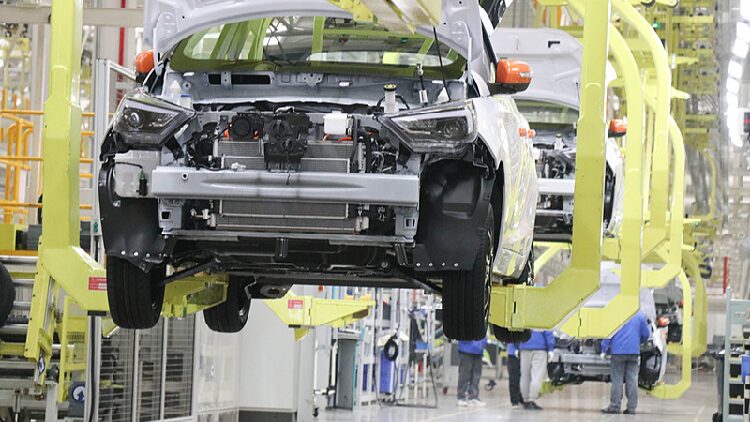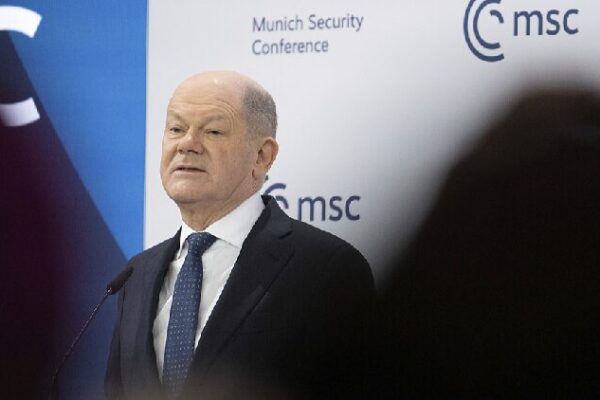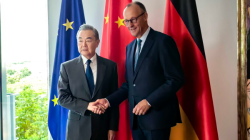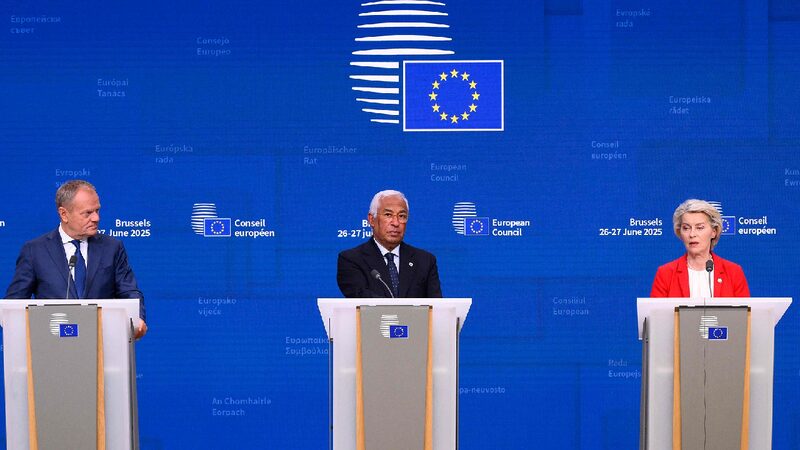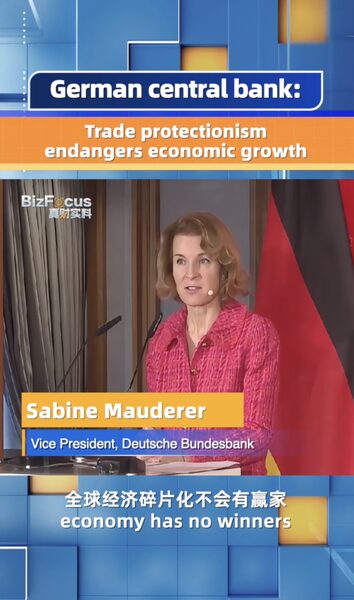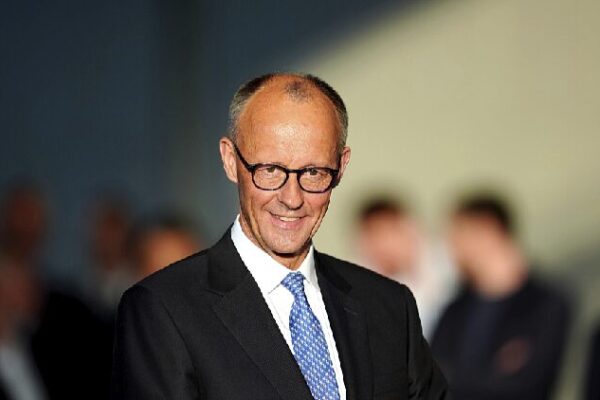German Chancellor Olaf Scholz has urged the European Union to swiftly reach an agreement with China on the ongoing tariff dispute over electric vehicles (EVs). Arriving at the European Council summit on Thursday, Scholz emphasized the importance of cooperation, stating, “It makes no sense to have conflicts about this. Therefore, I appeal to everyone to bring these negotiations to a good result now.”
China’s Ministry of Commerce echoed this sentiment, expressing hope that the EU will take concrete steps to advance consultations on a price commitment plan for Chinese EVs. Spokesperson He Yongqian highlighted China’s commitment to resolving trade frictions through dialogue and consultation, noting that China has been actively participating in the talks.
Amidst global pressures on the automotive industry, Scholz also called on the European Commission to reconsider the enforcement of financial penalties for EU carmakers that may fail to meet carbon dioxide (CO2) emission targets set for next year. “In the current global pressures facing the automotive industry, especially in Europe, it makes no sense to further burden companies with penalties for unmet targets in 2025,” he said.
The Chancellor suggested that the Commission find a way to prevent potential penalties from impacting the financial liquidity of companies that need to invest in electromobility and modern vehicles. “If penalties become necessary, they should not hinder the investments essential for advancing electric mobility and innovative products,” Scholz added.
The European Green Deal aims for climate neutrality by 2050, including a 90% reduction in greenhouse gas emissions from transport. To support this goal, stricter EU emissions rules for automakers will take effect from 2025, requiring average emissions of 93.6 grams of CO2 per kilometer or less. Automakers exceeding this limit face fines of €95 (about $98.45) per gram per car.
Industry estimates suggest that European automakers could face penalties totaling €15 billion for failing to meet the targets, with major manufacturers like Germany’s Volkswagen among the most impacted.
Reference(s):
Germany's Scholz urges swift deal with China over EV dispute
cgtn.com
